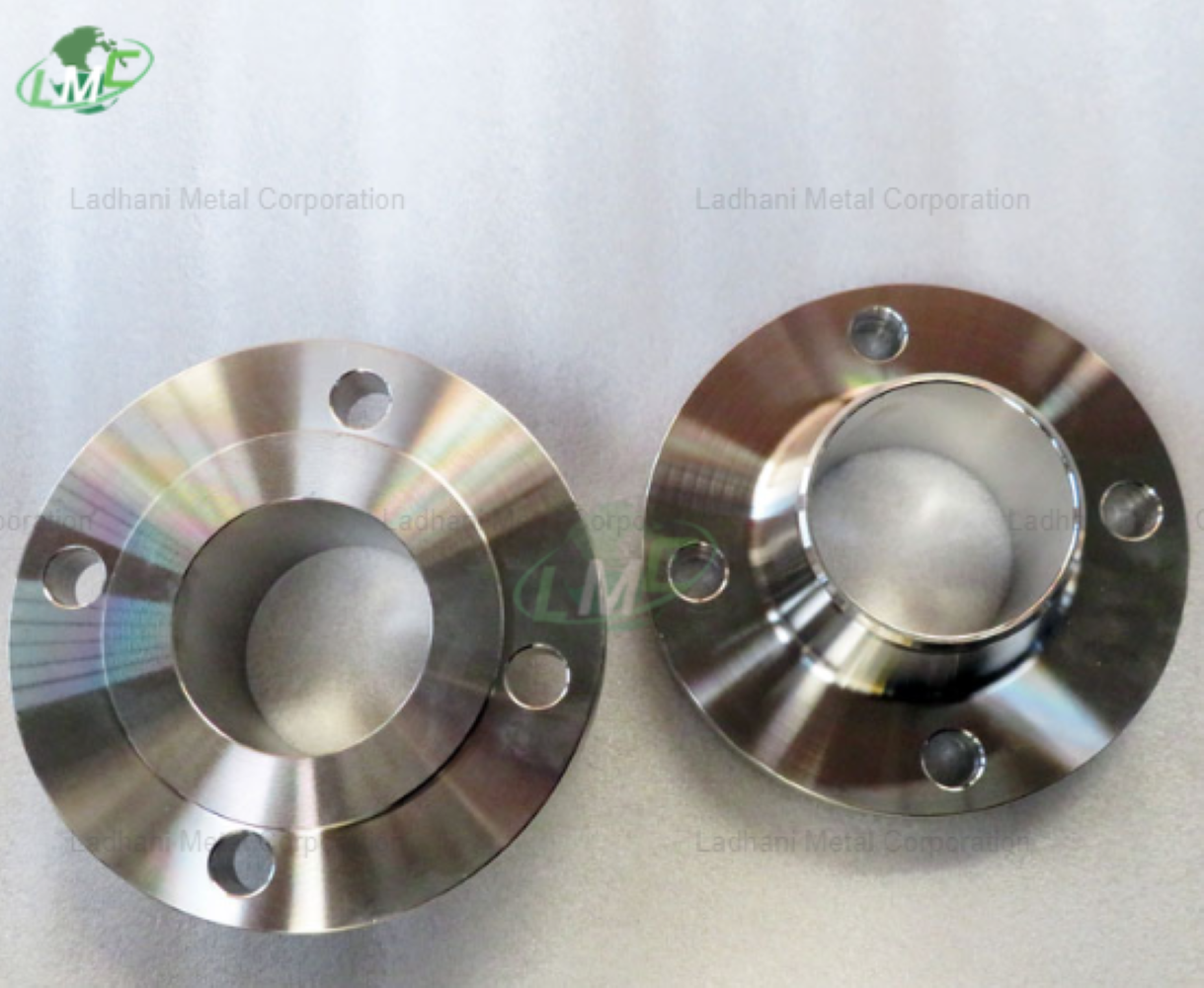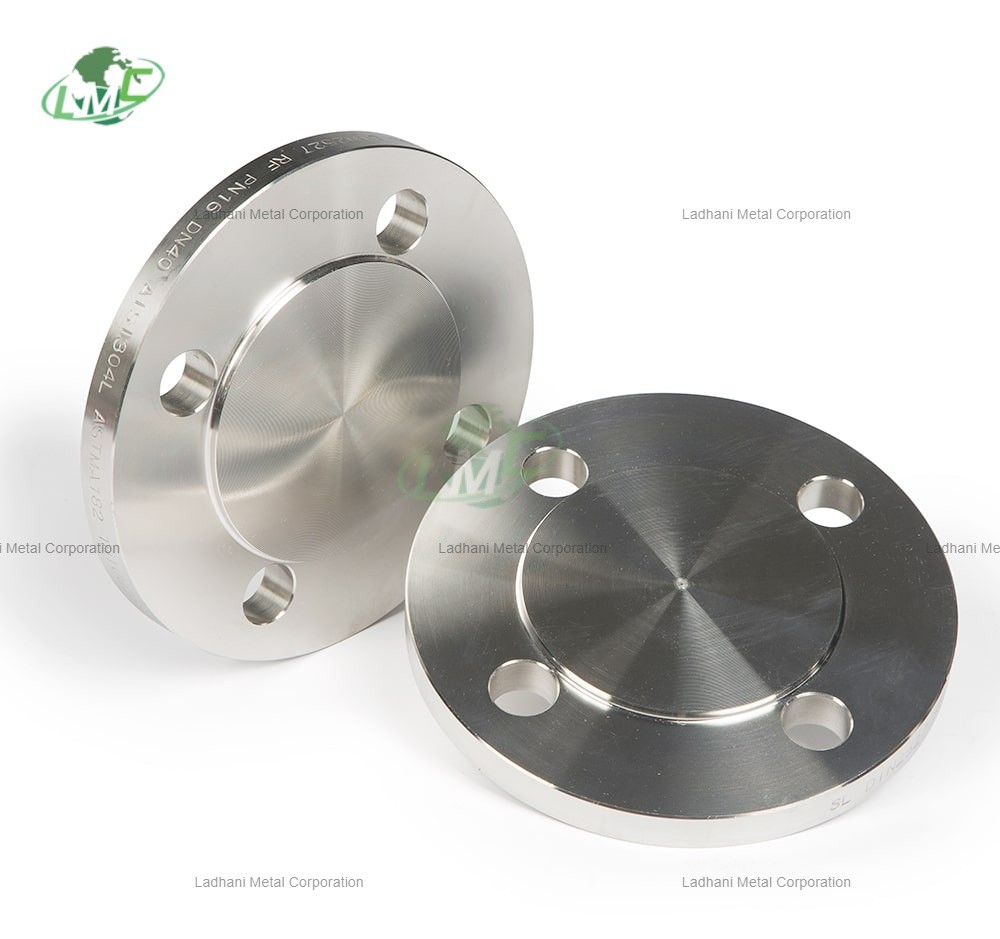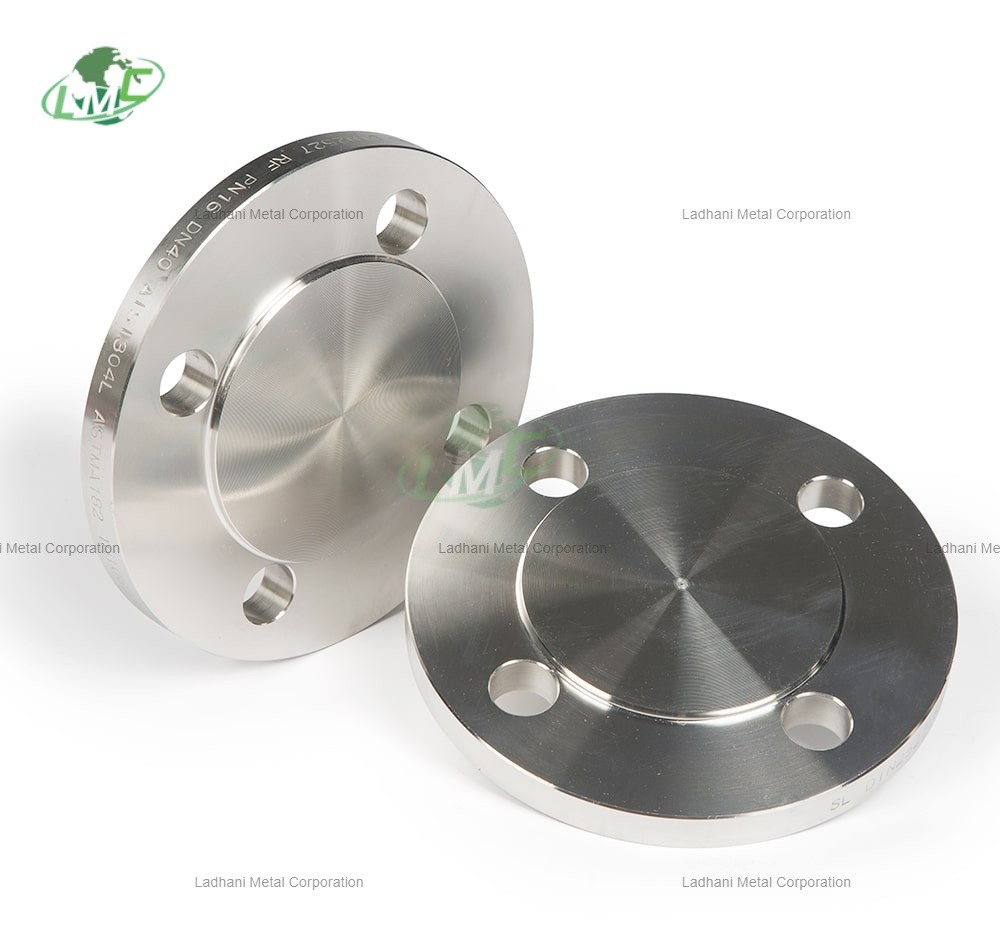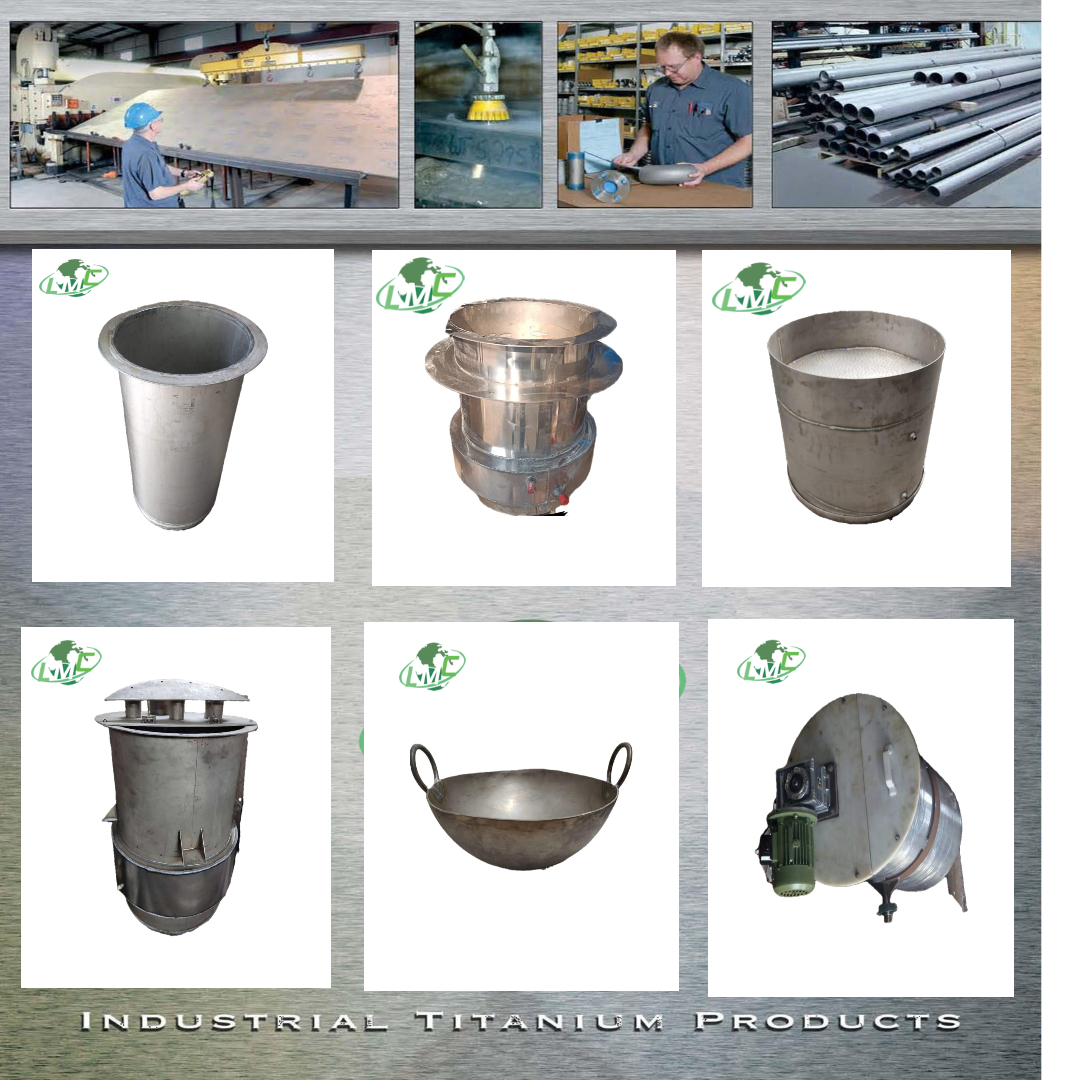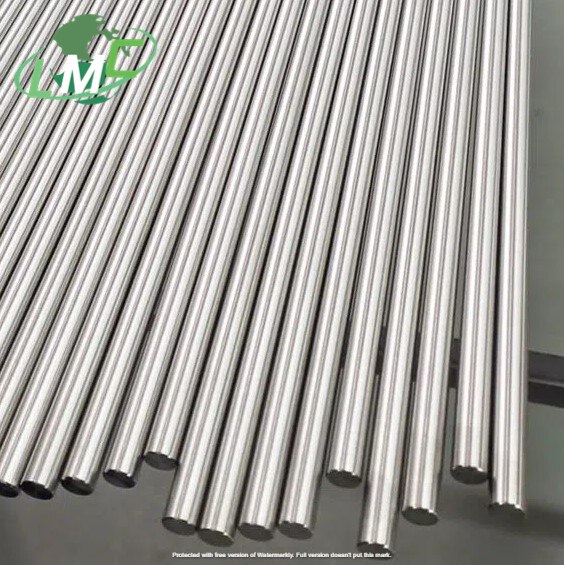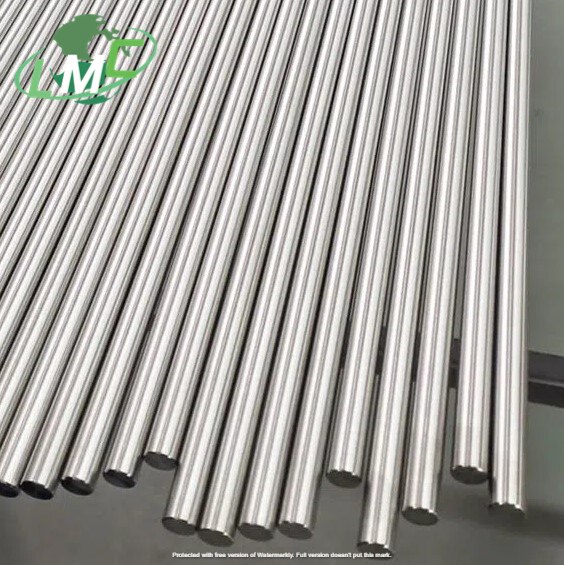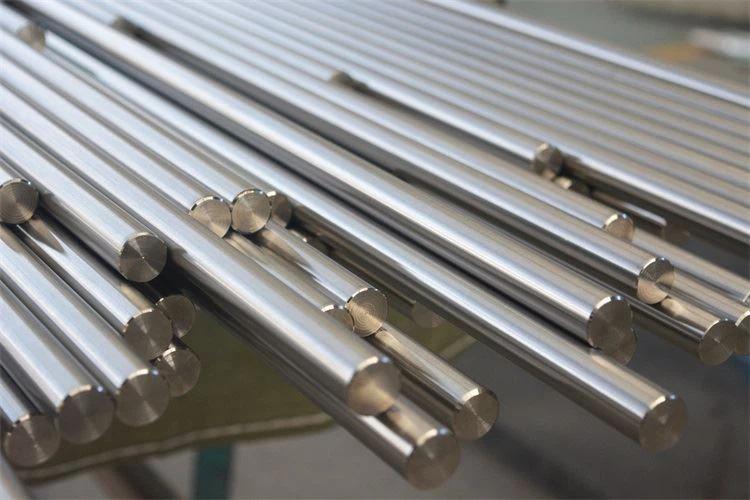DIN 2628 titanium flanges PN 250 are high-strength weld neck flanges manufactured according to the DIN 2628 standard. Specifically designed for high-pressure applications up to 250 bar (3625 psi), these flanges ensure secure, leak-free connections in systems where weight reduction, corrosion resistance, and long-term reliability are critical. Titanium flanges offer exceptional resistance to aggressive chemicals, seawater, and elevated temperatures, making them ideal for demanding industrial environments. Ladhani Metal Corporation is a globally recognized manufacturer and supplier of precision-engineered titanium flanges. Our DIN 2628 PN 250 titanium weld neck flanges are trusted in high-performance applications across aerospace, marine, chemical processing, desalination, power generation, and offshore industries for their unmatched strength-to-weight ratio, durability, and corrosion resistance. Pressure Rating: • PN 250 (250 bar / 3625 psi): Suitable for high-pressure piping systems requiring robust mechanical performance and corrosion resistance. Flange Type: • Weld Neck Flanges Designed with a tapered hub for smooth flow transition and reduced stress at the weld neck connection, ideal for high-pressure and high-temperature conditions. • Flat Face (FF) Flanges Flat face flanges ensure uniform gasket compression and are commonly used with brittle materials or cast components to prevent flange distortion. Titanium Grades and Composition: Titanium Grade 2 (UNS R50400) • Titanium (Ti): ≥ 98.9% • Iron (Fe): ≤ 0.30% • Oxygen (O): ≤ 0.25% • Carbon (C): ≤ 0.08% • Nitrogen (N): ≤ 0.03% • Hydrogen (H): ≤ 0.015% Applications: Commercially pure titanium with excellent corrosion resistance, especially in oxidizing and chloride-containing environments. Commonly used in desalination, marine, and chemical processing. Titanium Grade 5 / Ti-6Al-4V (UNS R56400) • Titanium (Ti): Balance • Aluminum (Al): 5.5 – 6.75% • Vanadium (V): 3.5 – 4.5% • Iron (Fe): ≤ 0.40% • Oxygen (O): ≤ 0.20% Applications: High-strength titanium alloy with excellent corrosion resistance and mechanical properties. Widely used in aerospace, offshore oil and gas, and high-performance industrial systems. Applications of DIN 2628 Titanium Flanges PN 250: • Aerospace and Defense Used in lightweight, high-pressure hydraulic and fuel systems requiring superior mechanical performance and corrosion resistance. • Marine and Offshore Engineering Ideal for seawater systems, ballast water treatment, and underwater piping due to titanium’s exceptional resistance to saltwater corrosion. • Chemical and Petrochemical Plants Suitable for highly corrosive and high-pressure chemical transport lines, reactors, and heat exchangers. • Desalination and Water Treatment Used in brine filtration and pressure vessels where resistance to chlorides and corrosion fatigue is essential. • Power Generation Employed in nuclear and thermal plants where high-temperature corrosion resistance and structural stability are required. Key Features: • Manufactured in accordance with DIN 2628 specifications • PN 250 pressure rating for high-pressure industrial use • Weld neck design for enhanced strength and sealing • Available in Titanium Grade 2 and Grade 5 materials • Flat face option for even gasket sealing and surface compatibility • Exceptional resistance to corrosion, chlorides, and seawater • Lightweight construction with high mechanical strength • Custom sizes, pressure classes, and finishes available upon request Conclusion: DIN 2628 Titanium Flanges PN 250 from Ladhani Metal Corporation are engineered for critical applications where high strength, pressure performance, and corrosion resistance are essential. Available in titanium Grade 2 and Grade 5, these weld neck flanges provide a reliable solution for industries operating under extreme conditions. Contact Ladhani Metal Corporation for technical support, custom specifications, or to request a quotation tailored to your project requirements.
Send Message
